“Generative Engine Optimization [GEO]: The Future of Search Engine Optimization [SEO]”
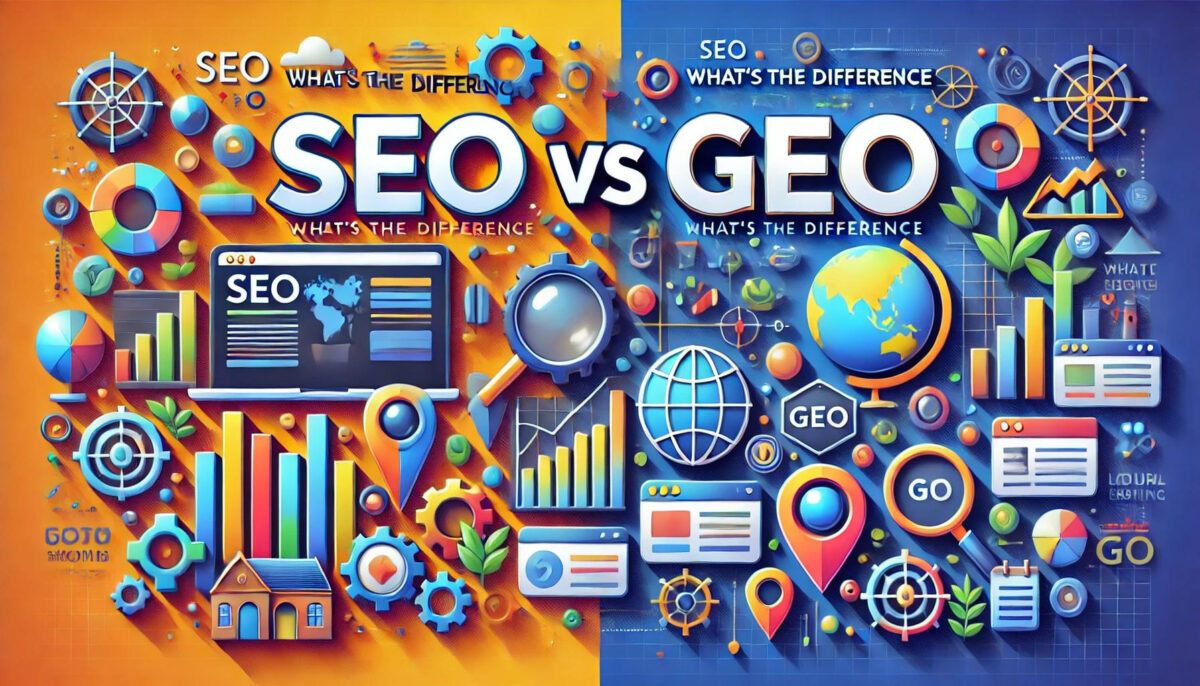
“Generative Engine Optimization [GEO]: The Future of Search Engine Optimization [SEO]”
The Evolution of Search: SEO, SGE, and GEO
To completely comprehend Generative Engine Optimization, I believe it is necessary to consider the evolution of how digital information interacts with search technologies, particularly with the inclusion of artificial intelligence:
A] Search Engine Optimization (SEO):
Definition: Optimizing a website to appear higher in search engine results pages and generate more organic visitors. Traditional SEO focuses on understanding search engine algorithms and optimizing content with keywords, meta tags, backlinks, and other techniques.
Era: Internet and web search engines became dominant in their early stages and are still important today.
Objective: To improve a website’s visibility and user traffic by matching content with what search engines value. 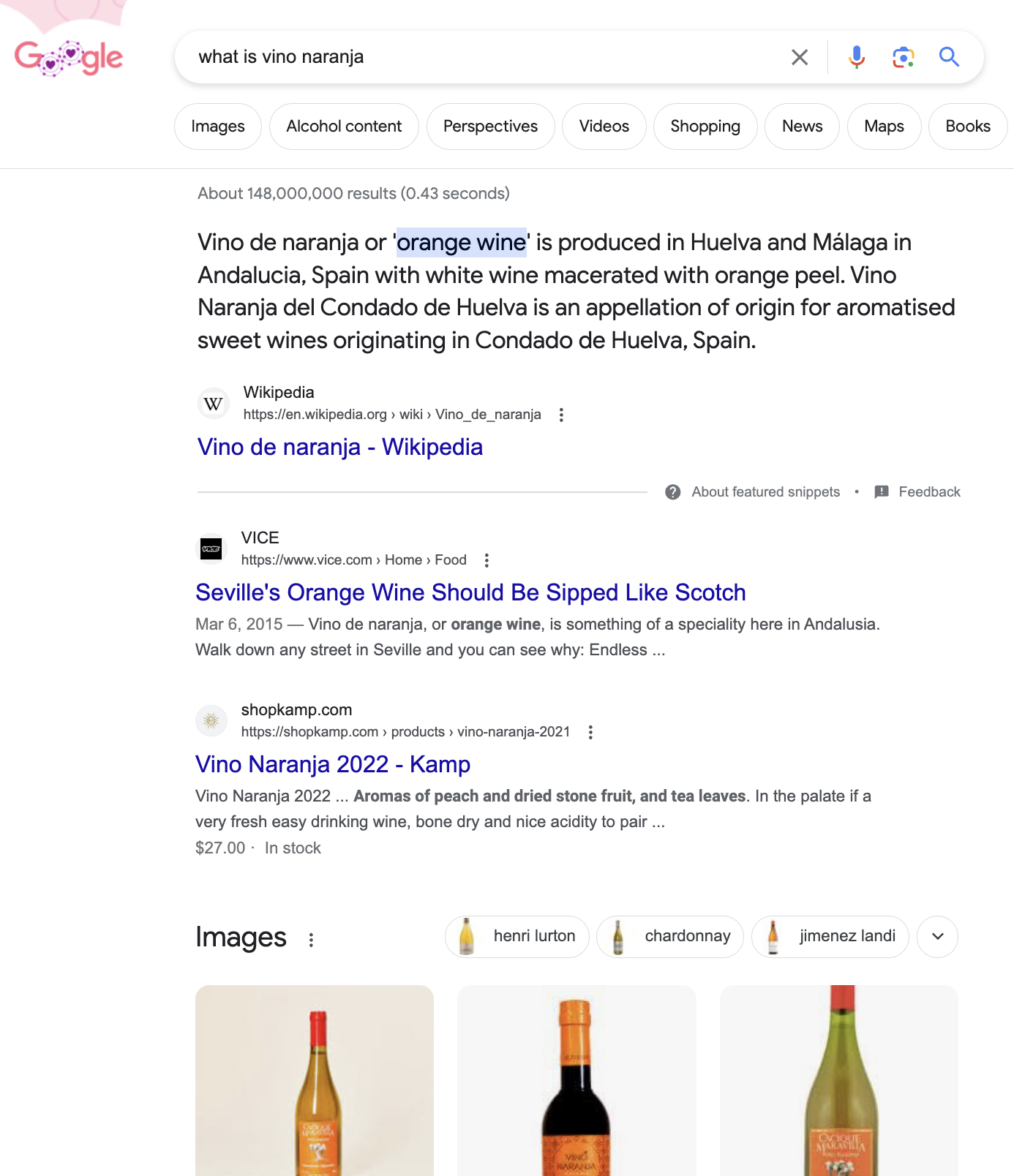
B] SGE (Search Generative Experience):
Definition: Using generative AI technology to improve the search experience by returning more relevant, contextual, or complete results to queries. SGE uses AI to create replies, summaries, and conversational interactions based on user searches.
Era: Emerges when AI and machine learning technologies improve, providing a more dynamic and engaging search experience.
Objective: Improve search efficiency and usability by employing AI to deliver and anticipate user demands.
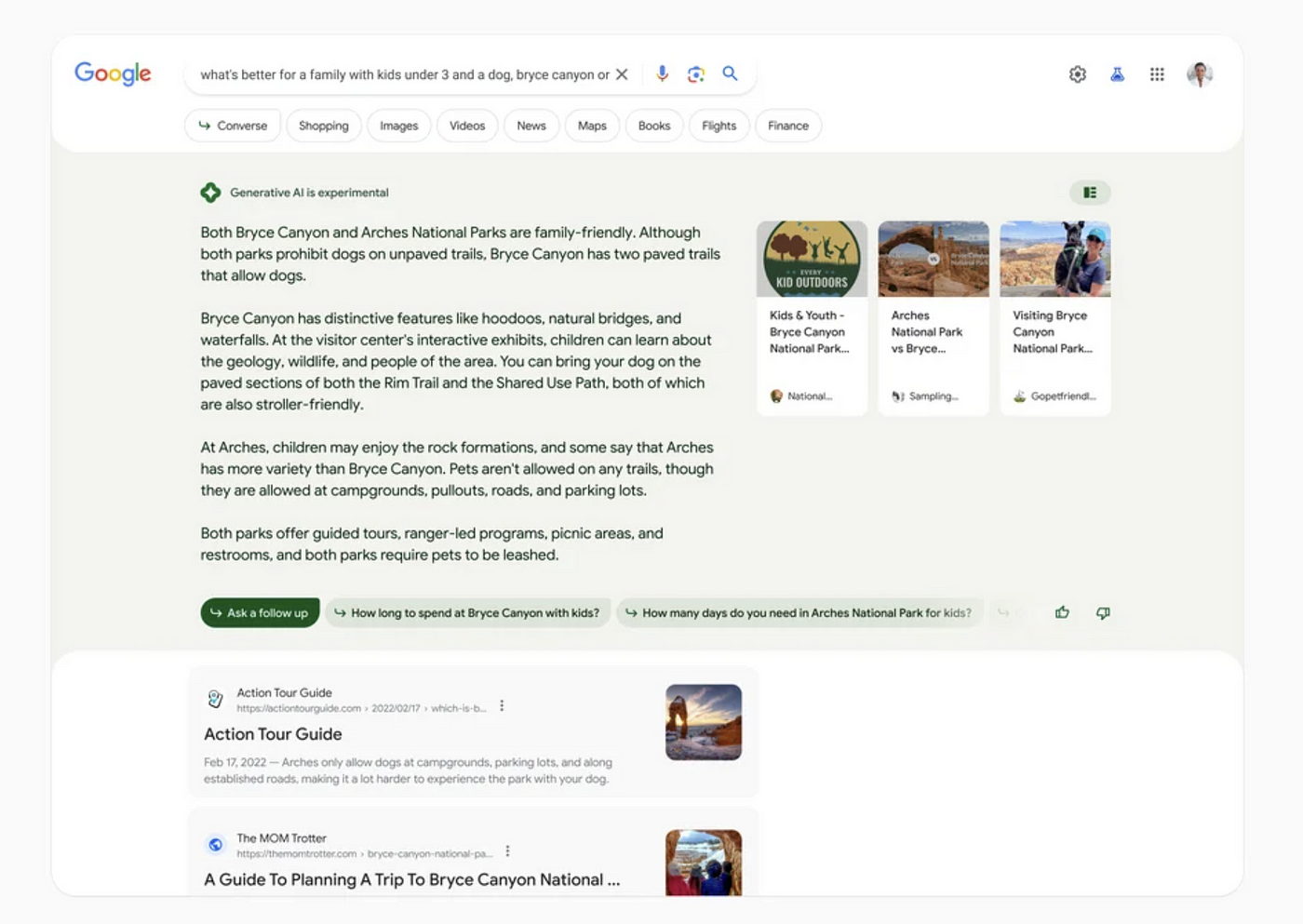
C] Generative Engine Optimization (GEO):
Definition: Adapting content optimization tactics to meet the capabilities and expectations of AI-powered search engines. GEO blends classic SEO strategies with knowledge of how generative AI models process and select material.
Era: This represents a more recent phase, emphasizing AI’s substantial influence in creating search experiences and the importance of optimizing content for these AI-driven environments.
Objective: To ensure that AI-enhanced search engines uncover, accurately analyze, and rank information positively. 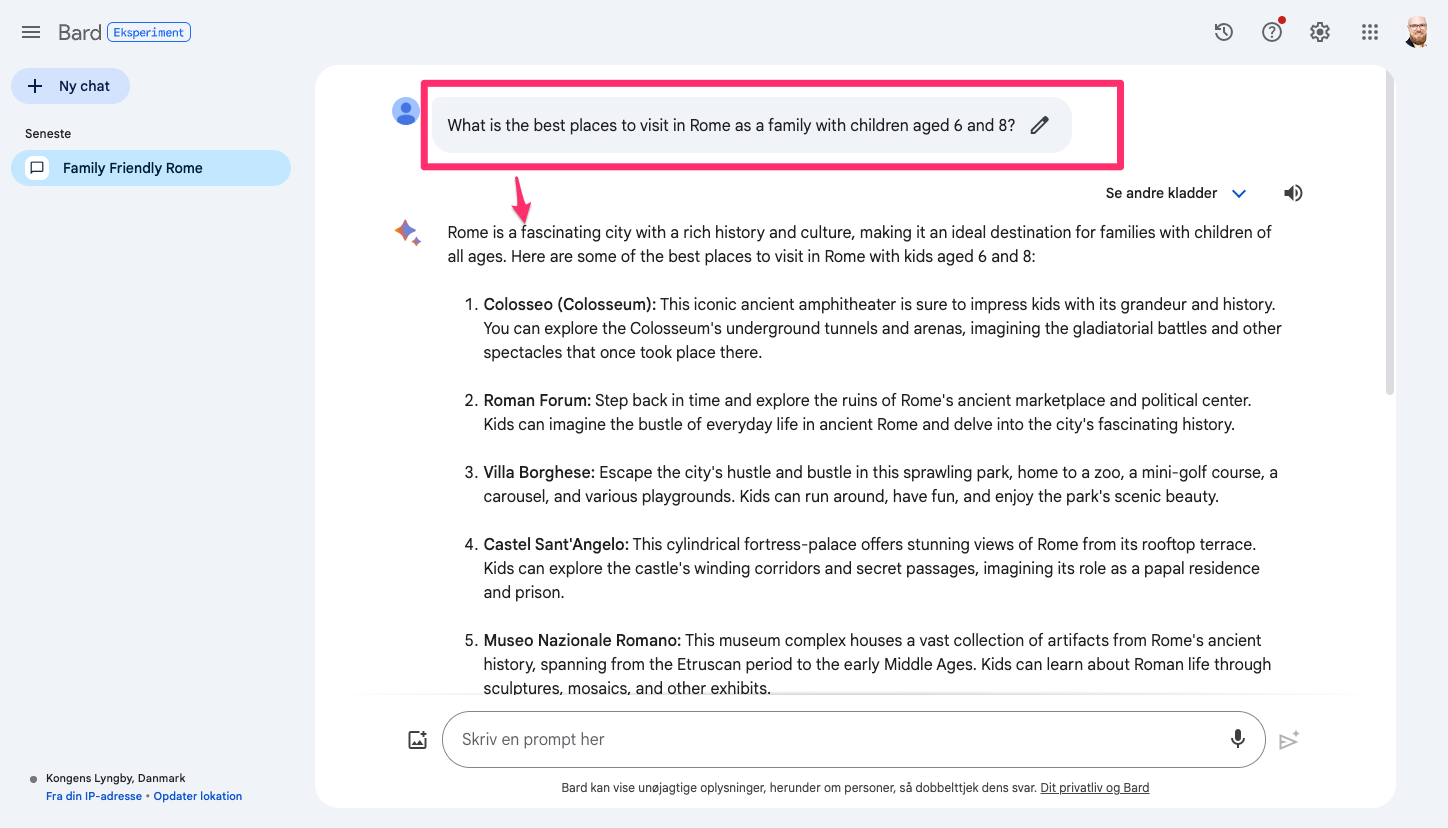
The digital marketing landscape has changed dramatically over the last two decades, owing mostly to technology improvements and alterations in user behavior. Search Engine Optimization (SEO) has been key to this transformation, allowing businesses to improve their online presence and communicate successfully with their target audience. SEO has typically been concerned with optimizing content to suit the precise criteria established by search engines such as Google, utilizing keywords, backlinks, and website layout to boost search ranks and user experience.
However, a new era in content optimization has begun with the development of Artificial Intelligence (AI) and machine learning technologies, leading to the creation of Generative Engine Optimization (GEO). Comparing SEO with GEO While SEO is mostly focused on human-crafted search engine algorithms, GEO is engineered to conform to the preferences of AI-driven platforms, such as ChatGPT-4, Gemini, and Claude, which are among the latest generation of Large Language Models (LLMs). Businesses must immediately modify their content strategies in light of how these AI models are changing how people find, prioritize, and interact with material. However, a new era in content optimization has begun with the development of Artificial Intelligence (AI) and machine learning technologies, leading to the creation of Generative Engine Optimization (GEO).
COMPREHENDING THE MAIN DIFFERENCES AND SYNERGIES BETWEEN SEO AND GEO
The difference between SEO and GEO is in the platforms they aim to reach and how they optimize content. To improve results in conventional search engines, keywords, and website architecture have been the main focus of traditional SEO. Conversely, GEO aims to improve content accessibility and preference over AI systems such as ChatGPT-4, Gemini, and Claude, which are utilized more frequently to interpret and suggest material to users.
The two, though, do not preclude one another. By utilizing the synergies between SEO and GEO, a holistic content strategy that targets both AI-driven platforms and conventional search engines may be developed. For instance, keyword optimization is still required in GEO since it aids AI in comprehending the relevance and context of the information.
Key Distinctions Between SEO and GEO
GEO emphasizes content for AI-driven generative engines, whereas SEO concentrates on optimizing webpages for conventional search engines like Google and Bing. This is an explanation: 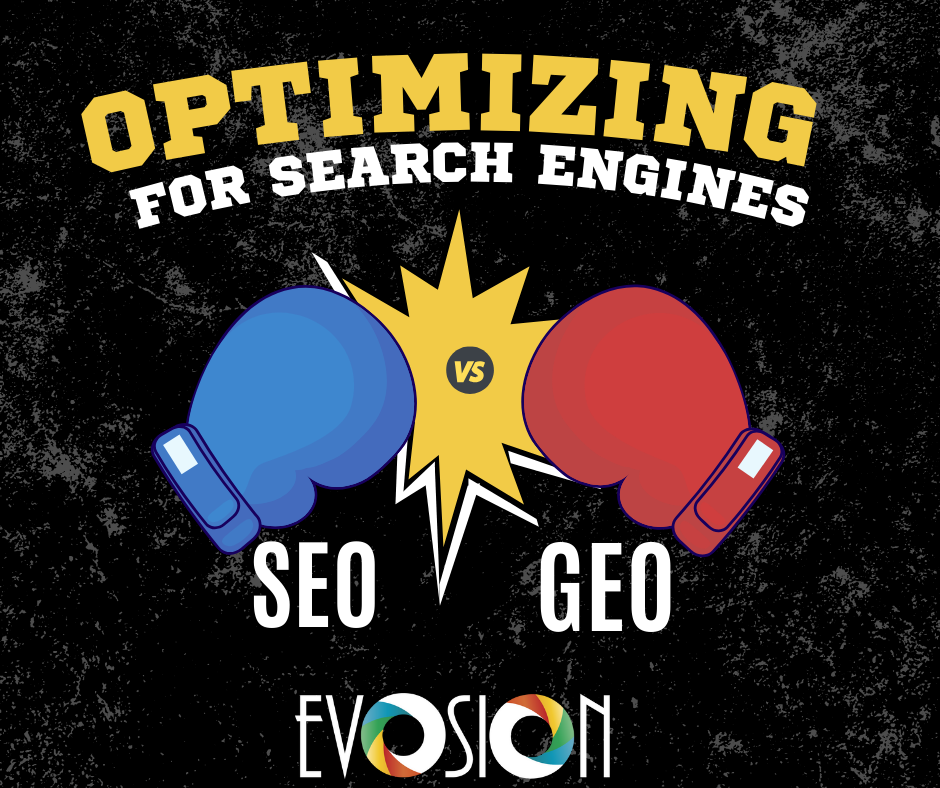
- Generative Engine Optimization (GEO): Developed for AI-powered engines producing thorough answers.
Search Engine Optimization (SEO): Specifically designed for conventional search engines that display webpages according to user queries.
It is imperative to emphasize that while GEO tactics may require customization to particular sector categories, regular SEO strategies can typically be used to a wide range of content kinds. For instance, improving historical content may best be achieved by using authoritative language; factual queries may benefit from optimized citations; and law and government issues may benefit from the inclusion of data.
| Aspects | SEO | GEO |
| A] Definition | The practice of optimizing websites and content to rank higher in search engine results pages and attract more organic traffic | The adaptation of content optimization strategies to align with the capabilities and expectations of AI-driven search engines. |
| B] Primary Goal | Increase visibility and traffic to a website from search engines | Ensure the content is discovered, accurately interpreted and favorably ranked by AI-enhanced search engines. |
| C] Target Audience | Webmasters, content creators, and digital marketers. | Content creators and marketers aiming to improve their content’s performance in AI-driven search environments. |
| D] Key Techniques | Keyword research, on-page optimization (meta tags, headings, content quality), and off-page optimization (backlinks, and technical SEO). | Combining traditional SEO techniques with an understanding of how generative AI models process and prioritize content. |
| E] Focus Area | Optimizing for search engine algorithms | Adapting content to be more compatible with AI search technologies , enhancing its chances of being favored by these systems. |
| F] Metrics | Uses metrics like click-through rate, bounce rate, and time spent on the page. | Proposes a set of impression metrics that measure the visibility of citations and their relevance to the user query. |
| G] Outcome | Higher rankings in the SERPs, increased organic traffic. | Better visibility, engagement, and ranking of content in search engine results influenced by AI. |
SEO with GEO: An Optimal Pair
GEO and SEO do not conflict with one another. A well-rounded approach makes use of both to achieve the best outcomes:
- SEO:- establishes a solid base: For both local and global reach, high-quality, keyword-rich material that is search engine optimized is crucial.
- GEO:- focuses on your intended market: Content that is tailored to a certain location may draw customers who are actively looking for what you provide nearby.

How is GEO to be optimized?
To maximize the efficacy of website content for generative engines, nine different GEO strategies were rigorously explored in this study conducted by Princeton University, Georgia Tech, Allen Institute for AI, and IIT Delhi.  These five techniques of GEO can be optimized include:-
These five techniques of GEO can be optimized include:-
1] Authoritativeness:-
GEO optimization improves the language and tone of the original material, fostering unflinching confidence in its assertions. It creates an engaging and credible voice that connects with the listener, arousing feelings and generating trust. Through the customization of language and tone to the intended audience, GEO optimization creates a feeling of connection and trust. Improving the language and tone of the original content is a great way to gain an advantage over competitors in the search engine optimization field.
2] Keyword Optimization:-
Adding more keywords to your content in a deliberate way improves search engine ranking and visibility. This enables you to draw in more organic traffic and target a larger variety of search queries. To rank better in search engine results pages and draw in relevant traffic, optimize for long-tail keywords. But try not to overdo keyword-packing your material as this might make it harder to read and less enjoyable for the user. For the best SEO results, concentrate on producing interesting, high-quality material that skillfully integrates pertinent keywords.
3] Using Statistics:-
Content is improved by the incorporation of concrete statistical data, which offers convincing evidence based on accurate facts. This strategy bolsters credibility, demonstrates the author’s experience, and provides readers with insightful information. Adding statistical data makes the article more interesting to readers and search engines alike, increasing its exposure and audience.
4] Cite Your Sources:-
Adding reputable citations from trustworthy sources is essential for search engine optimization (GEO). These citations show off your expertise, give readers access to more resources, and strengthen the trustworthiness of your writing. When choosing sources, give priority to credible publications, scholarly journals, industry reports, and reliable websites. Seamlessly combine these citations to produce a reading experience that is both coherent and educational.
5] Quotations:-
Adding appropriate quotations from reliable sources gives your writing more substance and genuineness. Quotations make things memorable and thought-provoking because they succinctly convey their meaning. They have the power to arouse feelings, pique interest, and make an impact. When choosing quotes, give credibility and relevance priority. Then, arrange them thoughtfully to improve coherence and flow. Using other people’s insights to your advantage increases the quality of your content overall, engages your audience, and builds your credibility.
Summary:-
Try GEO to increase the reach of your SEO. It transforms SEO in addition to increasing the visibility and interaction rate of your website. GEO elevates SEO by utilizing natural language processing and generative models. To produce engaging content that connects with your audience, use GEO strategies like authoritativeness, keyword optimization, statistics, reliable citations, pertinent quotes, and simplified language.
These strategies raise search engine ranks, build credibility, and draw in organic traffic. GEO is the way of the future for SEO as search engines use generative AI. Tailor your optimization tactics to particular areas to maintain your competitive edge in the ever-changing market. Adopt GEO to improve content, comprehend user intent, customize interactions, and expedite search engine optimization procedures. Don’t pass up this chance to transform your SEO strategies and achieve great success.
